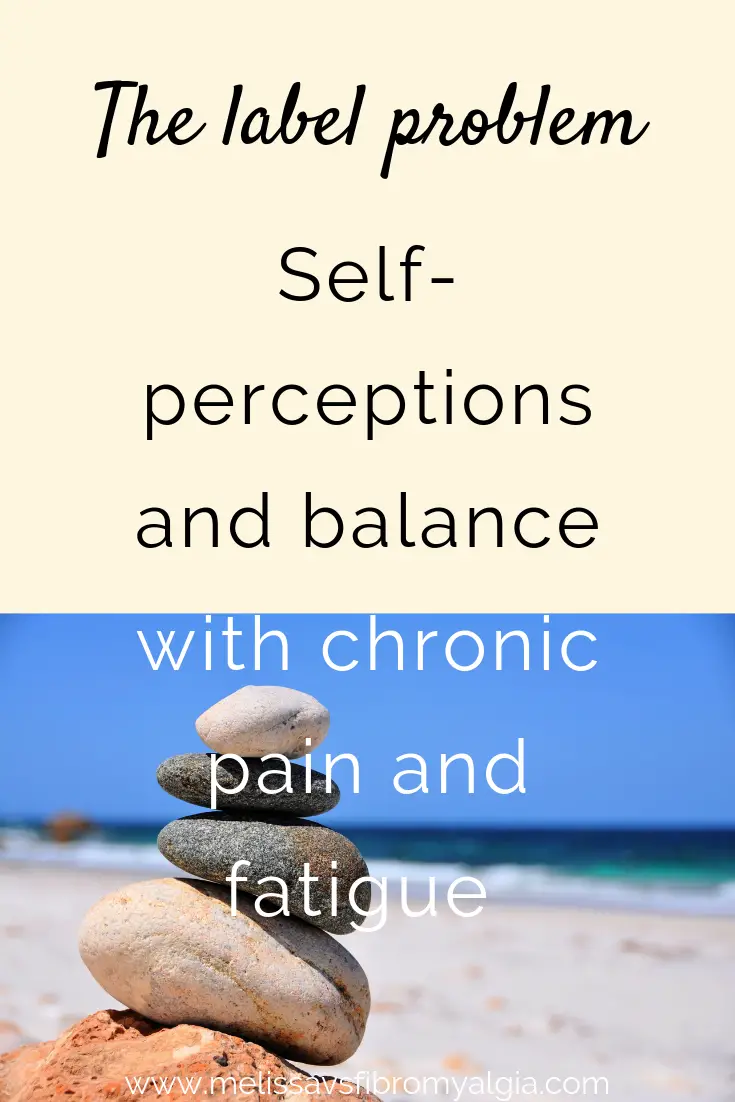Last Updated on February 20, 2022 by melissanreynolds
This is an older post but still so relevant. As I have become even better and am able to let my guard down in some respects, I still have to tow the line and balance the cost vs benefit analysis. Recently, we went away for the weekend and the baby slept poorly (as in worse than his usual multiple wakes) and I was in a massive flare. It was interesting to think through whether going away was worth the feeling I ended up with (you know, profound fatigue, nausea, pain etc.).
It’s the age-old question of functionality vs symptoms. Are we willing to suffer the symptoms in order to do the thing?

I have just read the blog post, Seeing Yourself as Healthy, by Danea Horn of Chronic Resilience. In it, she talks about self-perception – about choosing to see herself as healthy and remembering all the things that bring us joy. And it got me thinking.

For years, I have waited for someone to truly understand what it is I deal with on a daily basis. I have also spent more years than not ignoring it and carrying on. Because I had no label and no idea it was reasonable – or preferable – to go a little easier on myself.
For the last several years, I have acknowledged my illness and my limitations and worked to both learn about them and conquer them.
But there is a tricky balance here. You don’t want to dwell on your pain and fatigue (or whatever symptoms you deal with), you don’t want to stop doing things you want to do and you don’t want to be seen as the “sick” person. You do, however, want to know your boundaries.
How to manage sliding scales of symptoms
I acknowledge and respect my boundaries as best as I can, because I have found that I can often overexert myself – and I then pay for it. As my only advocate, I have to do it. Because it can be hard for other people to grasp what it is to struggle through a day or, worse, to be stuck in bed in extreme pain, fatigue and panic.
Everything I do, I do to stay away from being unwell. I guess, because I look healthy and because I achieve so much, it is hard for someone (even someone who witnesses my everyday life) to grasp the fact that I could be one bad call away from a flare up. So when I compromise and stay out late, I am compromising my energy and my experience of wellness. Even if I am not in bed the next day, my pain could be worse, my fatigue will probably be increased – that day becomes a day that I am not living but merely coping.
So when I compromise and stay out late, I am compromising my energy and my experience of wellness.
On the flip side of that however, I do tend to protect myself a little too much. I appreciate it when my husband can remind me to do something I think may be a little too out on the cost/benefit scale – because, I can get it wrong. I can overestimate the cost and underestimate the benefit. But there needs to be recognition that I can’t stockpile energy and it takes more than one night to make up depleted energy levels.

So it comes back to a tricky balance. You need to acknowledge your illness/boundaries but you also need to try to learn where you can push back. This can be difficult with an unpredictable illness like Fibromyalgia and Chronic Fatigue, but when your pushing back includes achieving something you’re passionate about, it is so worth it. Then, maybe you’re not the “sick” person, but the “wise” person.
